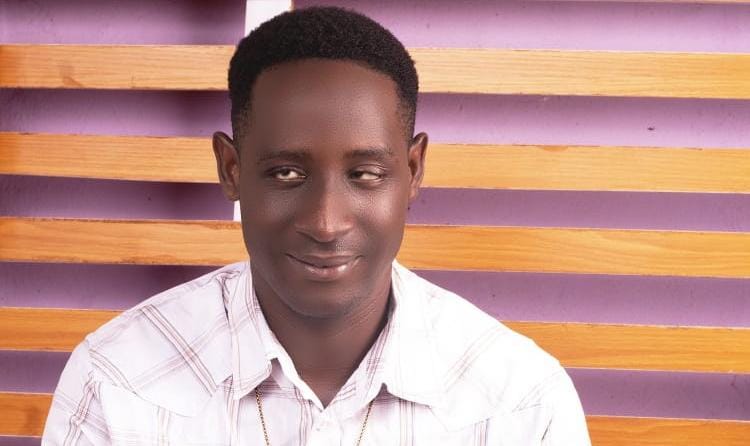Democracy Day disquiet: President Tinubu’s remarks stir debate amid rising political defections

Why Nigeria’s Leaders Flee Abroad for Healthcare While Public Hospitals Collapse. Photo credit; Eja Manifest.
By Eja Manifest Eji.
As Nigeria marked its 26th Democracy Day on June 12, 2025, a moment that should have unified the nation in reflection and recommitment to democratic ideals was instead overshadowed by a controversial statement from President Bola Ahmed Tinubu.
Speaking at a joint sitting of the National Assembly as part of his nationwide broadcast, the President remarked, “I would not say try your best to put your house in order, I would not help you to do so either. It is indeed a pleasure to witness you in such a disarray.”
Although not explicitly directed at any individual or group, the President’s comment is widely believed to have been aimed at opposition political parties, many of which have been plagued by internal crises and a spate of high-profile defections in recent months. The cryptic tone of the statement has drawn both criticism and speculation, as observers question the intent and implications of such a message on a day symbolic of national unity and democratic growth.
While the President clarified during the same broadcast that he does not wish for Nigeria to become a one-party state, the underlying message appears mixed. His administration, led by the ruling All Progressives Congress (APC), has benefitted from the wave of defections that have weakened opposition ranks. This, critics argue, subtly reinforces a political atmosphere where the ruling party thrives at the expense of pluralism.
This is not the first time President Tinubu has made remarks that seem to express tacit satisfaction at the troubles within opposition parties. Some view this rhetoric as part of a larger strategy to consolidate power ahead of the next electoral cycle. However, others are concerned that such statements from the highest office in the land could erode public confidence in the democratic process.
As the nation prepares for another general election cycle, the 2027 polls loom large on the horizon. Political parties are scrambling to reorganize, rebuild public trust, and present credible platforms to contest power. However, in an environment where defections are routine and political loyalty appears increasingly transactional, the health of Nigeria’s democracy faces real challenges.
The President’s Democracy Day address, rather than serving as a rallying cry for national cohesion, has instead sparked conversations about the role of political leadership in nurturing—not undermining—opposition. A thriving democracy relies not only on free and fair elections but also on a vibrant and functioning multi-party system.
As Nigeria reflects on over two decades of democratic governance since the return to civilian rule in 1999, many Nigerians are left pondering: What becomes of our democracy if opposition parties continue to fracture, and if political competition is subtly discouraged rather than protected?
While the Constitution does not mandate the President to assist opposition parties in resolving their internal conflicts, the tone and spirit of his comments matter. The preservation of democracy is not a partisan duty; it is a national one. In times of political uncertainty, the nation looks to its leaders for reassurance, stability, and a commitment to democratic values that transcend party lines.
As the dust settles on the President’s Democracy Day remarks, one thing remains clear: Nigerians are watching closely. And they are listening—not just to the words spoken, but to the implications they carry for the future of the Republic.

